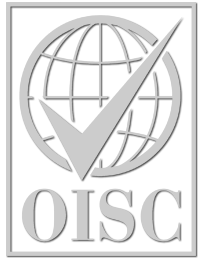Since 9 July 2012, the Immigration Rules have contained a financial requirement to be met by a person applying for entry clearance to, leave to remain in and indefinite leave to remain in the UK as the non-EEA national partner or dependent child of a person who is:
Unless exempt there is a minimum income threshold that must be met. The minimum income threshold for a Partner applying from 9 July 2012, without dependent children, is £18,600. However, where the application includes sponsorship of a child at the same time (or at any time before the applicant reaches settlement), the minimum income threshold increases and there is a higher financial requirement to be met. The level of the financial requirement to be met in cases involving dependent children varies and is determined by the number of children who already have leave, or are applying for leave, at the date of application. An additional gross annual income of £3,800 is required for the first child sponsored in addition to the Partner and an additional £2,400 for each further child. The level of the financial requirement will therefore be for example:
Promises of support from a third party cannot be counted towards the financial requirement. The applicant and their partner must have the required resources under their own control, not somebody else‟s. Promises of support from a third party are vulnerable to a change in that person‟s circumstances or in the applicant‟s or partner‟s relationship with them.
Exceptions to the Financial Requirement
Where the applicant‟s partner is in receipt of any of the following benefits or allowances in the UK, the applicant will be able to meet the financial requirement at that application stage by providing evidence of “adequate maintenance” rather than meeting an income threshold:
Ways of meeting the Financial Requirement
Where the applicant has to meet the minimum income threshold, the financial requirement can be met in the following 5 ways:
